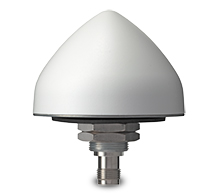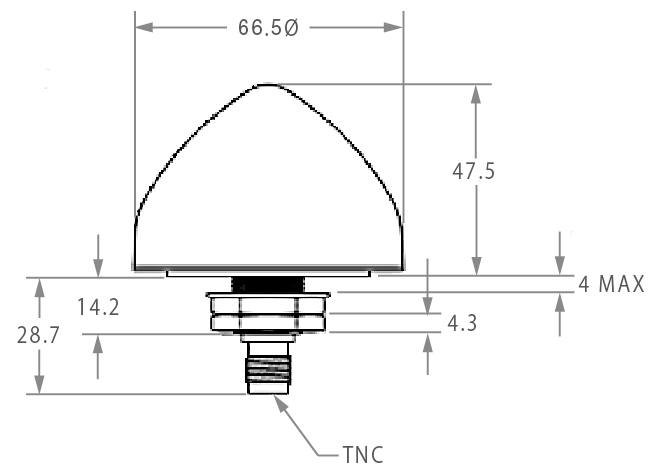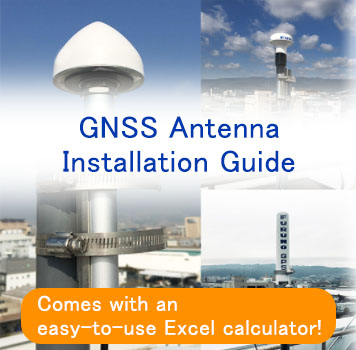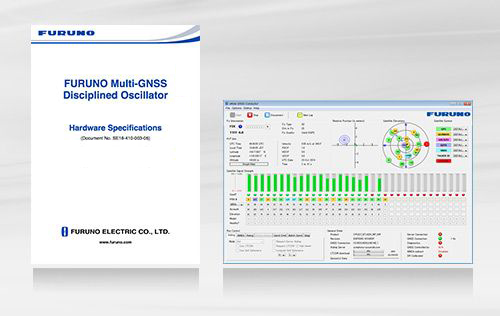GPS/GNSS Antennas
Multi-GNSS antenna (For Timing) Model AU-217

Antenna for GPS, GLONASS, Galileo and QZSS reception.
Ideal for use in difficult site enviorments including urban areas, weather and RF interference areas
The AU series is a GPS/GNSS antenna for Timing that is intended for installation on buildings. The AU-217 has excellent weather and interference resistance, and has the capability to filter radio waves that adversely affect the GNSS receiver (such as radio waves for broadcasting and satellite communications). The AU-217 is multi-constellation compatible and can receive signals including GPS (USA), GLONASS (Russia), Galileo (Europe) and QZSS (Japan). When combined with a GNSS receiver that supports these satellite constellations, it is also suitable for use in urban areas with poor sky visibility.
Documents, Software
New Products: Dual/Single-band GNSS Antennas AU-500/300 deliver both high stability and high robustness


 When installing a GNSS antenna, components such as the coaxial cables and amplifiers should be selected to satisfy the antenna specifications of the GNSS receiver. It is also necessary to consider the propagation delay between the antenna and the receiver.
When installing a GNSS antenna, components such as the coaxial cables and amplifiers should be selected to satisfy the antenna specifications of the GNSS receiver. It is also necessary to consider the propagation delay between the antenna and the receiver.
 Download documents and software related to this product and other GPS/GNSS products (Specifications document, Drivers and Monitor software).
Download documents and software related to this product and other GPS/GNSS products (Specifications document, Drivers and Monitor software).